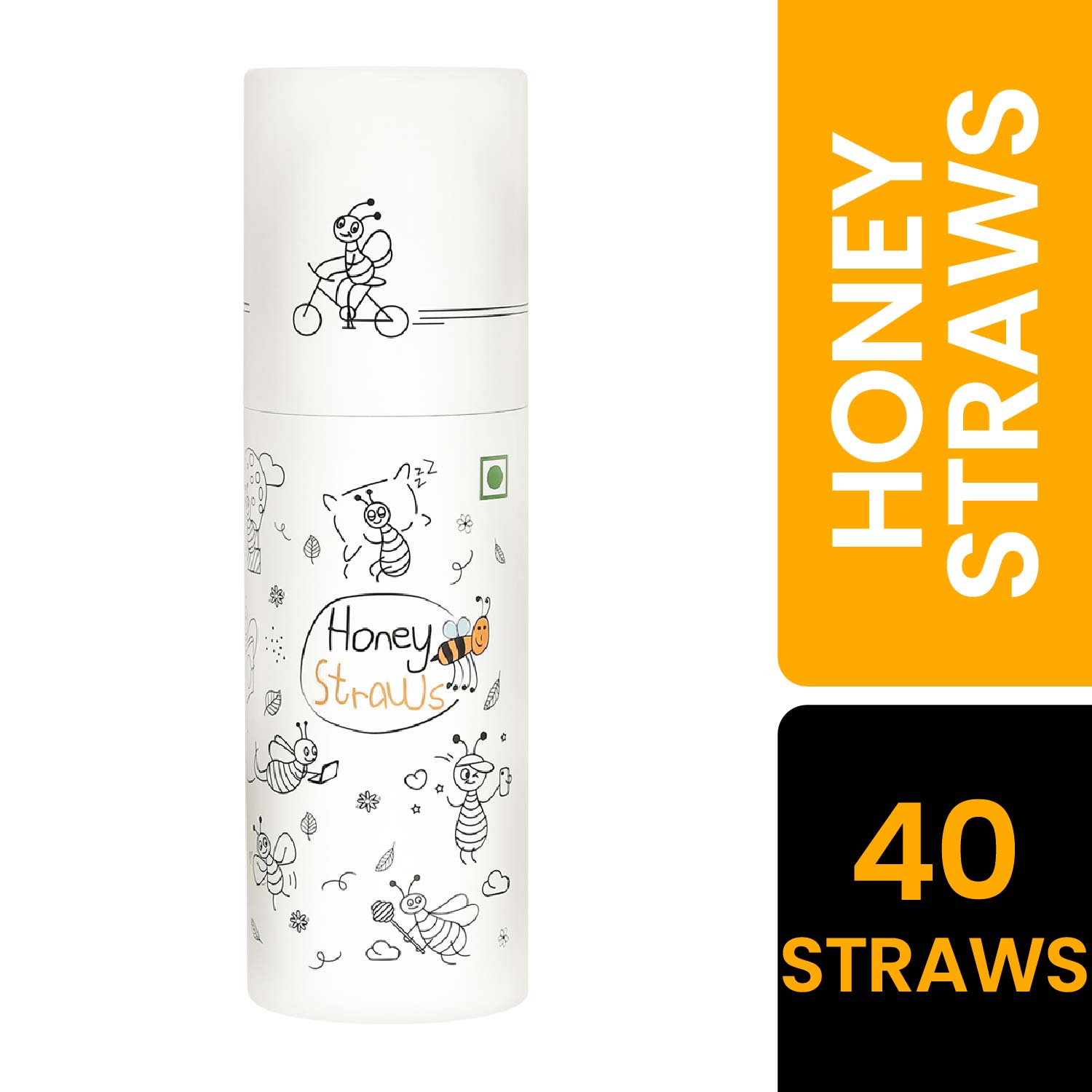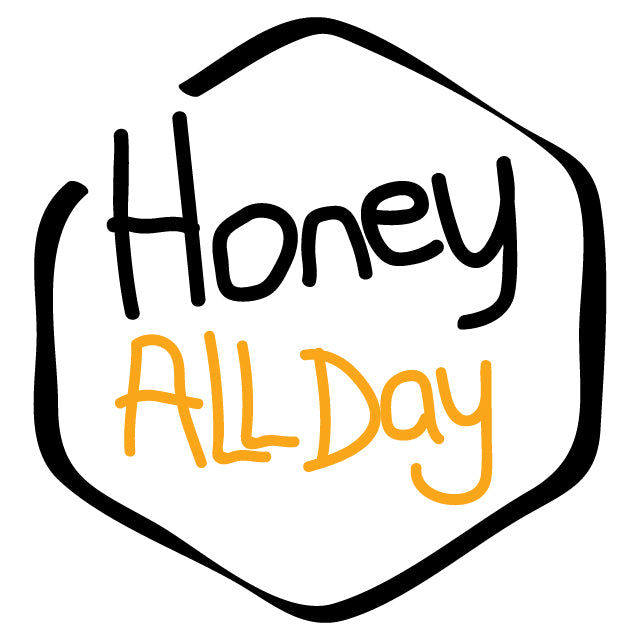Introduction-
Bees have a rich evolutionary history that dates back millions of years. They evolved from solitary insects to social creatures, forming colonies and playing a crucial role in pollination. This blog explores the significance of pollination in bee evolution, the history of bees, the development of modern beehives, and the threats that bee populations face today.
Earliest known bees -
During the mid-Cretaceous period, approximately 100 million years ago, bees emerged as part of the Hymenoptera group. Initially solitary insects, bees gradually developed social behaviours and formed colonies. This shift was driven by the advantages of cooperation in resource gathering and defence. Efficient pollination and communication abilities played a significant role in this evolution, benefiting both plants and bees.
Importance of pollination in bee evolution-
Pollination played a crucial role in shaping the evolution of bees. Bees' efficient pollination abilities became increasingly important as they evolved. Through pollination, bees transfer pollen from male to female flower reproductive parts, facilitating fertilization and the production of seeds and fruits. This mutualistic relationship between bees and flowering plants provided a selective advantage, shaping bees into efficient pollinators and influencing their behaviour, communication, and social organization.
History -
Bees have a diverse history that spans across the globe. The earliest recorded bee found encased in amber in Myanmar is approximately 100 million years old. Today, there are around 20,000 species of bees, with the honeybee being just one of them. Bees' role in pollination has not only contributed to the rich flower diversity we enjoy today but also played a significant cultural and economic role throughout history.
Importance in the Middle Ages-
During the Middle Ages, bees held economic, social, and cultural importance. The demand for wax for religious practices and honey as a sweetener drove beekeeping, with various groups across Europe participating in the industry. Beeswax was used for candles in monasteries and churches, while honey provided a versatile food flavouring and had medicinal properties.
Development of modern beehives in the 18th century-
The evolution of beehives progressed from hollowed-out tree stumps to artificial hives called skeps. However, skeps still required the destruction of the hive to harvest honey.

Fig 1- Bee skeps -
Wooden hive boxes and movable frame hives were later developed, with Lorenzo Langstroth's invention revolutionizing modern beekeeping. Langstroth hives, based on the concept of "bee space," are still widely used today.

BEE SPACE FIG 2
Role of Bees in the Development of modern agriculture-
Pollination is vital to life on our planet. Bees and other pollinators play a vital role in agriculture and food production. Approximately 75% of the world's crops producing fruits and seeds for human consumption depend on pollinators. Bees ensure food security, and nutrition, and maintain biodiversity in ecosystems. Their contribution extends beyond human food, benefiting farm animals and providing materials like beeswax for various purposes.
Threats to bees-
The global honey bee population dwindled precipitously – by some experts’ estimates, to the tune of 40% from 2018 to 2019 and again by 40% from 2019 to 2020, respectively.
Bees face numerous threats, including climate change, habitat loss, pesticide use, and diseases.
- Climate change disrupts honey bee habitats and affects their reproductive cycles.
- Pesticides harm honey bees' learning abilities, memory, and fertility rates.
- Diseases like Sac brood and Nosema disease pose significant risks to bee colonies.
Efforts to Protect Bees and Their Habitats-
Conservation and protection programs-
Numerous initiatives create and preserve bee-friendly habitats, such as meadows and gardens. These areas offer bees a rich source of food, ensuring their survival.
Sustainable Beekeeping Practices-
HoneyAllDay embraces sustainable beekeeping practices, prioritizing bee health and the environment. Our cold processed honey is a testament to the commitment to preserving the natural goodness of honey while minimizing negative impacts on bees and their habitats.
Importance of Bees to the Environment-
Bees pollinate crops, ensuring food security and biodiversity. Raising awareness fosters appreciation and encourages protection efforts
At HoneyAllDay, we understand the significance of bees and are committed to sustainable beekeeping practices. Our cold processed honey, available in convenient on-the-go pouches and straws, allows you to enjoy the natural sweetness of honey while supporting bee conservation efforts. By choosing HoneyAllDay, you become part of the solution in safeguarding bees and their vital role in our ecosystem.
How long have honeybees and humans coexisted?
Honeybees and humans have shared a connection for thousands of years, with evidence of beekeeping dating back to ancient civilizations.
Why are honeybees important to humans?
Honeybees play a crucial role in pollination, supporting agriculture, biodiversity, and food production while also providing honey and other bee products.
How was honey used in ancient civilizations?
Ancient cultures used honey for food, medicine, religious rituals, and even as a natural preservative due to its antibacterial properties.
How do honeybees contribute to the environment?
Bees pollinate plants, ensuring the growth of fruits, vegetables, and flowers, making them essential for maintaining ecosystems and biodiversity.
What threats do honeybees face today?
Honeybee populations are declining due to habitat loss, pesticides, climate change, and diseases, making conservation efforts crucial for their survival.
So Join us in protecting bees and their habitats!
To shop our bee-friendly cold processed honey, click here - All – Honeyallday
Refs -
The History Of The Bee | About Bees | Bees | Guide | Omlet UK
History of Honeybees - LOCAL HONEY MAN
Beekeeping in late medieval Europe: A survey of its ecological settings and social impacts
Hive information - basic types of modern or movable hives in common use.
Honey Bees on the Move: From Pollination to Honey Production and Back





